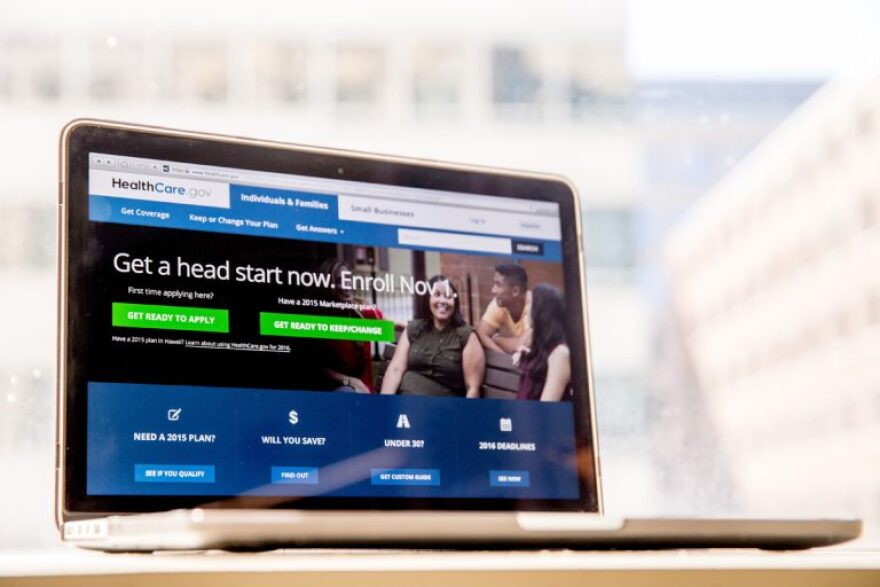It’s that time of year again: the enrollment window is open to sign up for health insurance on the Affordable Care Plan individual market.
For the first time since 2013, taxpayers won’t be penalized for not having health insurance. Some people might decide ACA-compliant coverage isn't something they need and instead might select a lower-cost “skinny plan.”
Skinny plans have low premiums, high deductibles, and generally only cover catastrophic health events. They also are not required to cover preexisting conditions or essential health benefits, such as emergency visits, prescription medications and laboratory services.
Though the coverage is limited, the skinny option might appeal to those who are healthy, but think that completely foregoing insurance plays it a little too fast and loose.
Eric T. Roberts, a health policy expert at the University of Pittsburgh, said it’s important to read the fine print before choosing this type of insurance.
“Skinny coverage plans really require a lot of individuals to incur a lot of out-of-pocket costs before the value of the insurance coverage kicks in. They're really only there to indemnify against extremely high health care costs,” said Roberts. “Even in cases where an individual may have a very expensive hospital stay skinny plans may not cover all the costs of those hospital stays.”
After the Republican-controlled Congress repealed the individual mandate as part of its overhaul of the tax system, many wondered if the ACA market would remain viable.
In some parts of the country, the individual marketplace was already in peril due to low participation which created shallow riskpools and high premiums. Now that people aren't required to have ACA-compliant insurance, the problem could grow.
Data from the Centers for Medicare and Medicaid Services show that 72,673 Pennsylvanians have signed up for coverage on the marketplace since November 1 of this year. That's nearly 30,000 fewer compared to the same time as last year.
However, many Democrats ran on and won seats in Congress with health care as their main issue. Roberts is cautiously optimistic about the ACA's future as the law’s basic underpinnings remain.
“That includes the individual marketplace and tax credit subsidies to help consumers buy health insurance,” he said. “Individuals who may want or need health insurance can go and shop for this coverage right now and qualify for potentially generous premiums if they have lower moderate incomes.”
To qualify for a subsidy, a person needs to make less than $48,000 a year. Depending on a person’s income level and where they live, he or she might qualify for a plan that’s as little $0 a month.
Pennsylvanians have until Dec. 15 to decide if they want ACA insurance in 2019.
90.5 WESA receives funding from Pitt.





